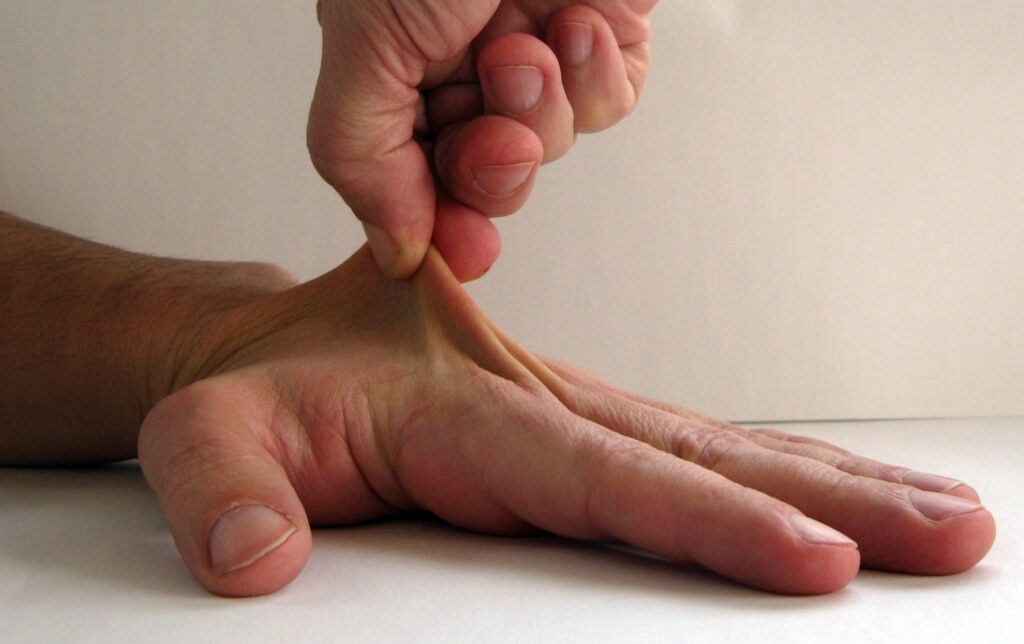Ehlers-Danlos syndrome (EDS) is a group of inherited disorders that affect the connective tissues in the body. Connective tissues provide support and structure to the skin, bones, blood vessels, and other organs. People with EDS have mutations in the genes that produce collagen, a protein that gives connective tissue its strength and elasticity. As a result, their connective tissue is weak and prone to damage.
Symptoms of EDS
Symptoms of EDS can vary widely, but may include:
- Hypermobility (excessive flexibility in the joints)
- Joint dislocations
- Chronic pain
- Fragile skin that easily bruises and tears

EDS can also affect the cardiovascular system, leading to problems with the heart and blood vessels.
Benefits of physiotherapy for EDS
Physiotherapy can be an effective way to manage the symptoms of EDS. By working with a physiotherapist, individuals with EDS can:
- Improve joint stability and strength, which can help prevent dislocations and reduce pain
- Improve flexibility, balance, and mobility, which can help maintain an active and healthy lifestyle
In addition to traditional physiotherapy techniques, such as stretching and strengthening exercises, individuals with EDS may benefit from other interventions, such as hydrotherapy, which can provide support and resistance to help improve joint stability and mobility.
Developing a treatment plan that works for you
It is important for individuals with EDS to work closely with their physiotherapist to develop a treatment plan that is tailored to their specific needs and goals. With the right approach, physiotherapy can be a valuable tool for managing the symptoms of EDS and improving overall health and quality of life.
